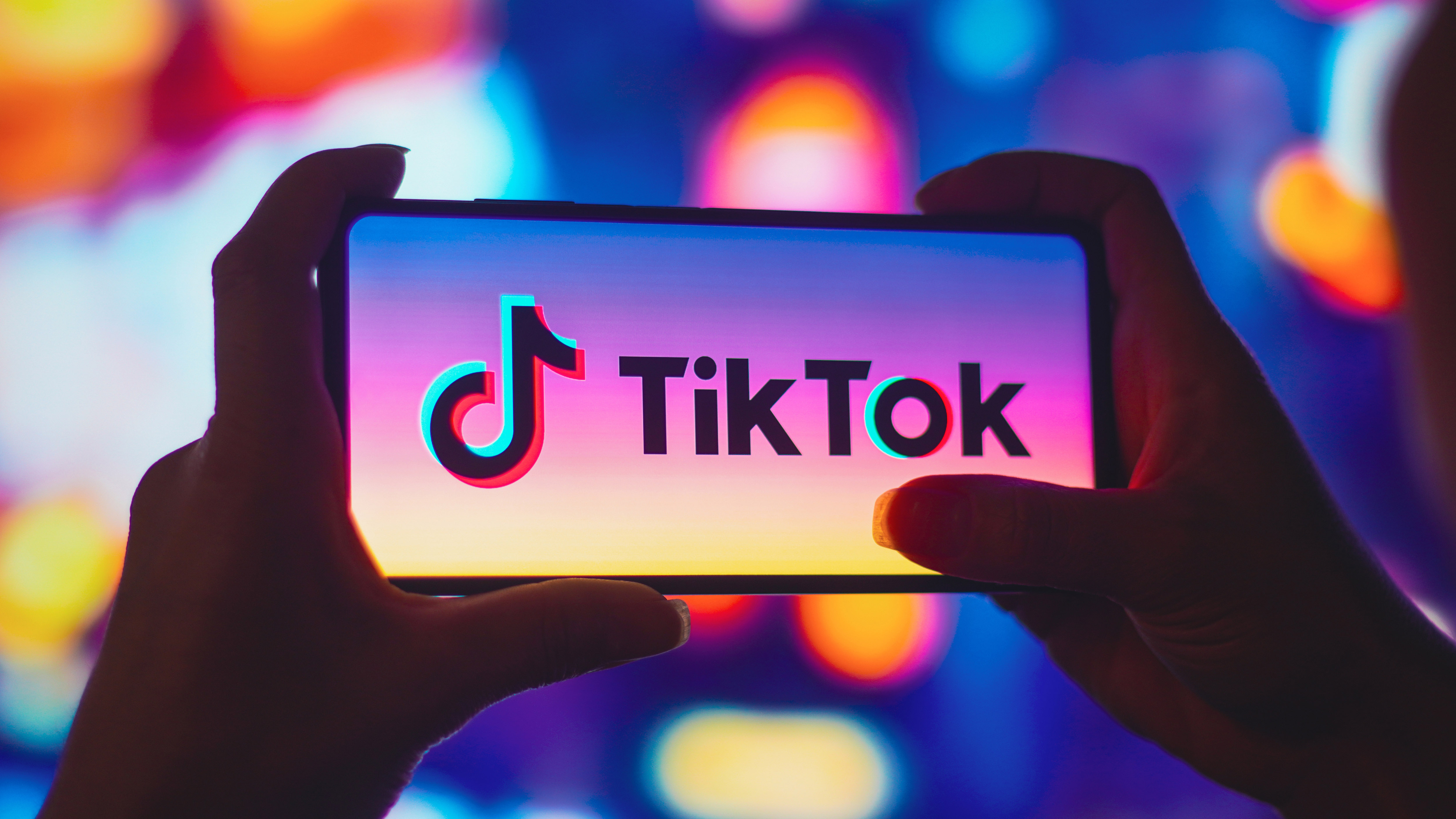“I’m kind of fascinated with that tipping point where the artist can say ‘I don't need you anymore. Why would I need you?’”: Are record labels at risk of irrelevance? this industry expert thinks so
An independent artist champion on self-sustaining artists existing outside of the label-world

Want all the hottest music and gear news, reviews, deals, features and more, direct to your inbox? Sign up here.
You are now subscribed
Your newsletter sign-up was successful
Ever the inception of the music industry, record labels have been an essential component for making sure that the artists on their books reach the right audience - and have the resources they need to keep making music. Over the last decade, things have profoundly changed. The advent of streaming-service publishing services like Distrokid, TuneCore and Ditto Music now allow artists to self-release their works directly to the world’s primary listening outlets, like Spotify, Apple Music and TIDAL with ease – and the ability to keep all their royalties.
A fundamental shake-up in terms of distribution, then. But, what about that other vital service that labels provide; promotion? Today, it’s easy to create content and - in theory - grow a sizeable audience yourself. Though that's not without significant difficulties, it is, essentially, possible.

For our recent long-read deep dive into the economics of being a music-maker, we asked Mark Knight, the founder of Right Chord Music for his view on the future of the artist/label dynamic. “If you can create a story around music, which is interesting and engaging. People get into your music through the story. For example, comedy sketches and little [short-form video] scenes,” Mark said.
Mark then pointed at the existing paradigm, in that labels often won’t even engage until artists have proved they can generate an audience themselves, before telling us “I'm kind of fascinated with that tipping point where [the artist can say] ‘I don't need you anymore. Why would I need you? I'm already doing it, right?’ So, there's a fine line between showing that you can pull people in and engage people, versus not needing the support.”
However, as Mark points out - this self-generated content/promo route might not be for everyone; “If you're an indie band from Manchester, with a big floppy fringe, the last thing you want to do is, you know, get in front of a camera. So it is difficult. It is difficult.”
Outside of what Mark told us for our longer feature, he also shared his views on how labels have become left behind by the new wave of social media-oriented musicians
“[In the old days] the labels would sort of do the marketing. I don't even think the labels have quite cracked this next wave. I think they're catching up, and they're realising the power of influencers and content creation. But I think it is a bit more of a level playing field now. If you know the rules and know how to do it - and you've got a good idea, then anyone can can cut through. That's the opportunity. I think.”
Want all the hottest music and gear news, reviews, deals, features and more, direct to your inbox? Sign up here.
With all that being said, Mark also told us that the perils of running all these social platforms, generating content and fostering an audience is a major time sponge, not to mention the external factors that go into basically being a self-employed business. “Our [2024 census] told us that, on average, artists are using five different social networks. On top of that, they also use additional five services, so distributors, you know, PR companies and potentially design services. There's just so much to do as a musician!”
Read more insight from Mark, in our long read feature on the economics of music-making.



I'm Andy, the Music-Making Ed here at MusicRadar. My work explores both the inner-workings of how music is made, and frequently digs into the history and development of popular music.
Previously the editor of Computer Music, my career has included editing MusicTech magazine and website and writing about music-making and listening for titles such as NME, Classic Pop, Audio Media International, Guitar.com and Uncut.
When I'm not writing about music, I'm making it. I release tracks under the name ALP.